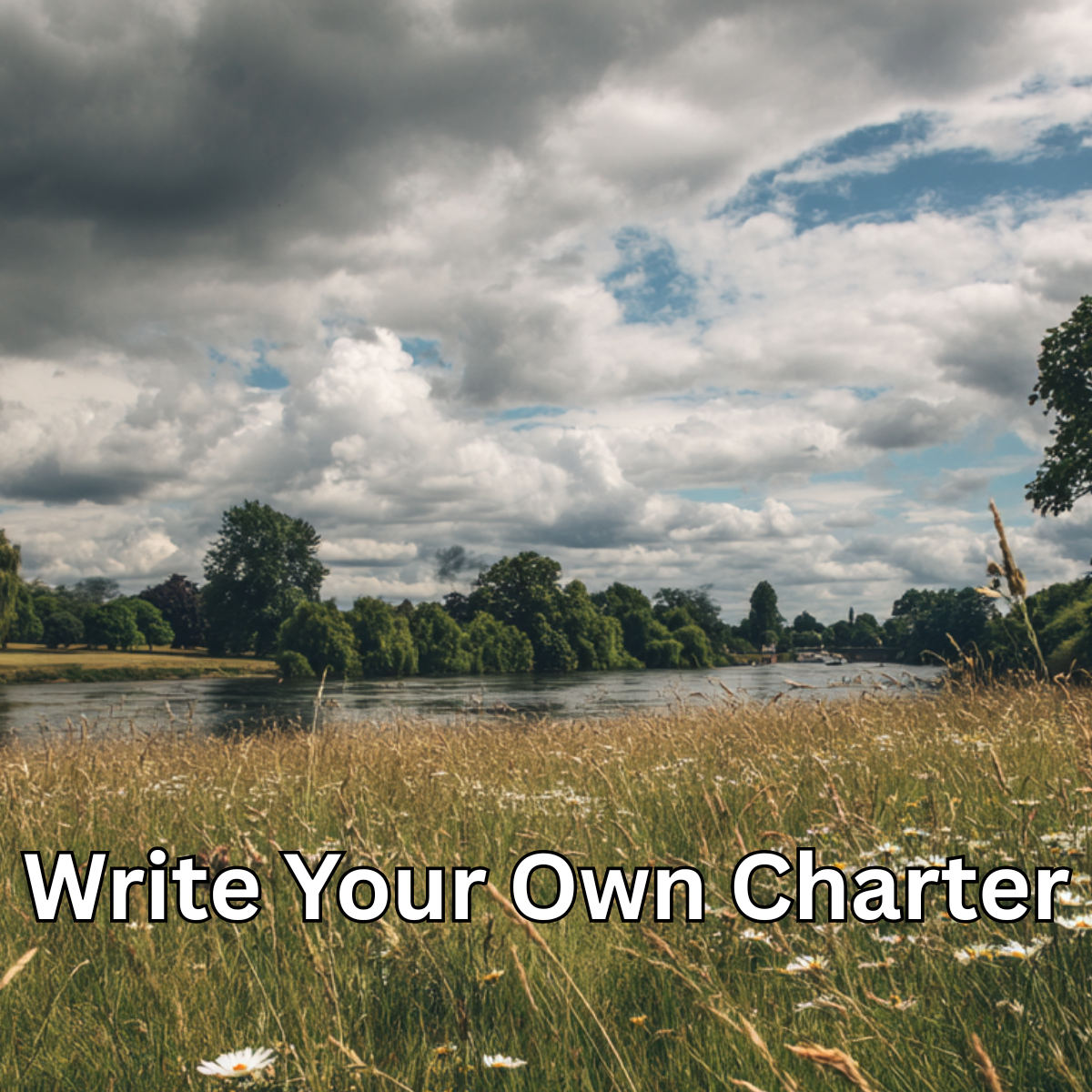History does not always turn on the deeds of heroes. Sometimes it is shaped by the failures of the disgraced, the desperate, and the despised. So it was with King John of England. He is remembered not for greatness, but for the shadow he cast. In that shadow, one of the world’s most powerful ideas took shape. When John took the throne in 1199, his realm stretched across England and deep into France. Within five years, through arrogance, poor judgment, and misfortune, most of those French lands were gone. The barons who had pledged loyalty to him were humiliated. Their wealth and standing fell with his defeats.
To recover, John demanded money. He fined his nobles, scoured towns for taxes, and imposed heavy reliefs. He turned justice into a market, selling verdicts to those who could pay. He was not reluctant to use cruelty. Hostages vanished in prisons. Rivals lost land and power with a gesture. Even the church felt his hand. John rejected the pope’s choice for the Archbishop of Canterbury and soon found himself excommunicated. England was placed under interdict. No marriages. No burials. No sacraments. To the faithful, it felt as if heaven had shut its doors.
By the second decade of his reign, John was mistrusted by his barons, estranged from his church, and derided by his people. He had spent his political capital. His cunning would not save him from the storm that gathered.The breaking point came in 1214. John tried to reclaim his lands in France. He raised taxes to fund a large army and suffered another defeat. His nobles had given him their money and their blood. In return they received loss. Rebellion followed. That winter, barons armed themselves. They marched on London and seized the city in May of 1215. For the first time, power tilted away from the crown. John, who had believed himself untouchable, was forced to bargain.
The stage was a meadow called Runnymede, beside the slow water of the Thames. It was June 1215. John arrived not as a conquering king, but as a man negotiating for survival. The barons came armed, banners snapping in the wind, retainers massed behind them. They wanted more than promises. They wanted a written charter to bind the king. Suspicion filled the air as they argued for days. On June 15, John pressed his seal into the wax of a parchment that would be called the Magna Carta, the Great Charter.
At first, it was not a declaration for all. It was written by barons for barons. Yet it carried a larger spark. It stated that the realm must consent to taxation. That no person could be imprisoned without due process. That justice could not be sold, delayed, or denied. That the king himself must obey the law. One clause echoed across centuries.
“No free man shall be seized or imprisoned, except by the lawful judgment of his equals or by the law of the land.”
In that meadow, under the reluctant seal of a despised king, liberty found a stronger voice. John did not intend to keep his word. Within weeks he appealed to the pope to annul the charter. Civil war followed. He died the next year, ill and beaten, and the crown passed to his young son Henry the Third. The charter did not die with him. It was reissued, revised, and reaffirmed. It grew in stature. It nurtured parliamentary power in England. It shaped the English Bill of Rights. It crossed an ocean and echoed in the United States Constitution. Over time it became a cornerstone of human rights law.
There is a paradox here. Sometimes the most enduring legacies come not from triumph, but from failure. John’s tyranny forced his nobles to act. In restraining him, they set a precedent that outlived them all. Those men could not see the full future. They were defending their own interests. Yet in doing so, they planted a seed. Power must answer to law. Liberty can be written, defended, and passed on.
What does this mean for us today? When we fail, we can still choose accountability. When our power tempts us to stretch the rules, we can submit to a standard that is higher than our mood or our convenience. Write your own small charter. Name the rules you will live by, the limits you will accept, the habits you will keep. Then sign it. Keep it where you can see it. Let your commitments bind you, as surely as a king was bound in a meadow by the Thames. From that simple act, your personal conviction and belief in yourself can grow into something greater.





Well stated. I love the history of liberty and how humans figured it out. A good reminder that all is not lost during difficult times. We still benefit greatly on this today. A good reminder during these times we live in. .
Yes, and sometimes hard fought.